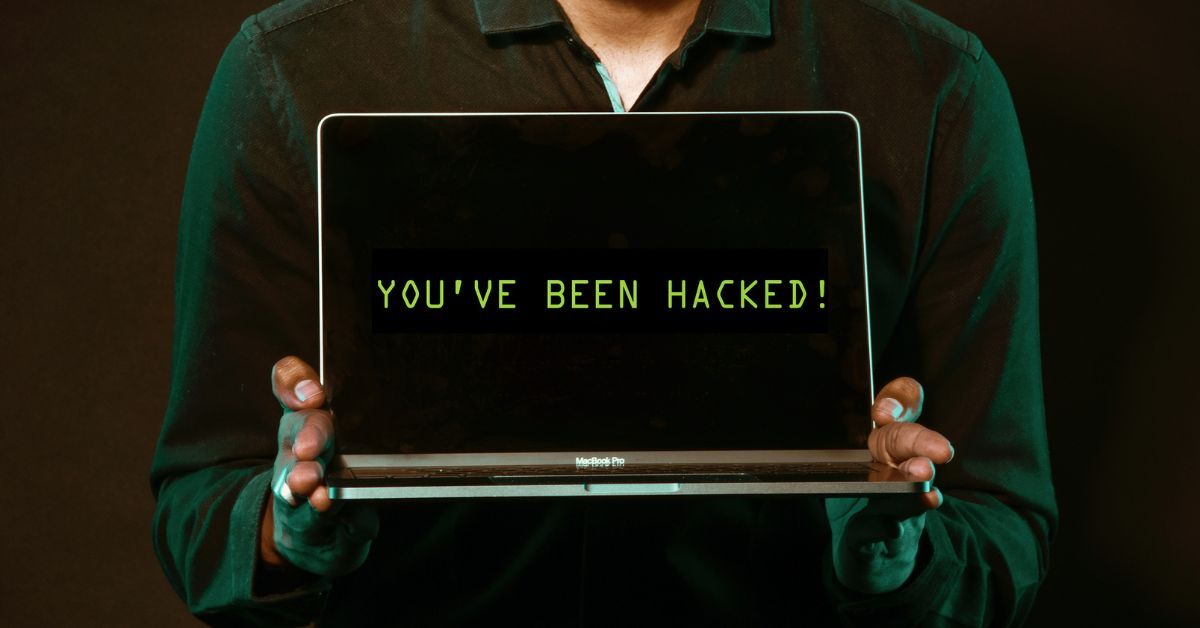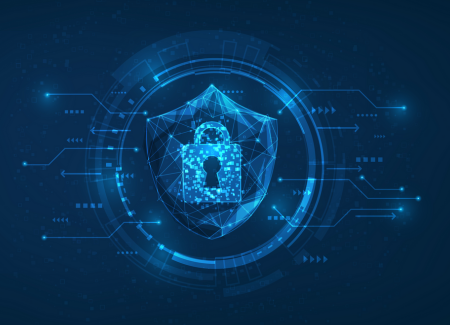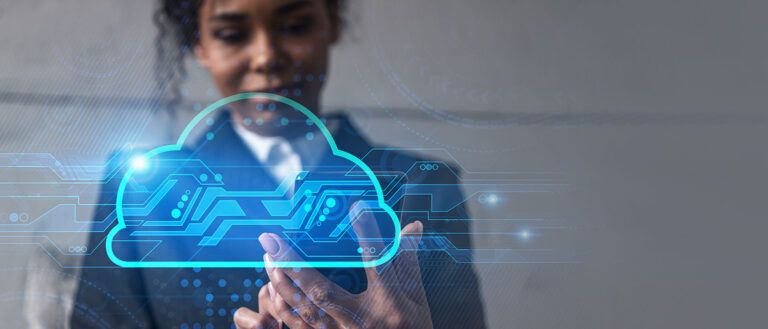What is Cybersecurity Culture and Why is it Important for Companies?

Data is increasingly considered to be the most precious asset for a company. It has the potential to create or destroy a company’s fortune. With such significance placed on data and information, it is natural that external or internal forces may attempt to undermine data security, violate its confidentiality, tamper with it, or even steal it. This, among other reasons, is why companies need to create a cybersecurity culture at all levels of the organization. What cybersecurity culture really translates to is every member of an organization embracing attitudes and beliefs that drive secure behaviors when it comes to safeguarding their companies.
Why is Cybersecurity Important?
Cybersecurity in broad terms is the protection of information and data on computers, networks, and other electronic devices. It has increasingly become important to fortify companies against cyber attacks. For one, it has become easier to breach the system. With the technological landscape shifting to cloud services, access points for attackers have increased and despite stringent cloud policies, cloud misconfigurations are said to be the leading reason for cyber security attacks. For the other, the cost of data breaches is extremely high. On average, the United States sees the most expensive data breaches in the world, costing $4.2 million per attack. As a result, it is critical for businesses to establish and invest in cybersecurity frameworks to protect their data and important information.
How to Establish a Strong Cybersecurity Culture at Work
Focus on the Fundamentals
A secure cyber blueprint’s first and primary defense is as basic as a strong password. Companies should enforce password protocols to make them strong using various characters that are difficult for intruders to figure out. Further, you can use Two-Factor authentication or Single-Sign-On.
Educate Employees on Cybersecurity
According to the 2021 Verizon Data Breach Investigations Report, the human component was involved in more than 85% of data breaches. Therefore, employee education through formal cybersecurity training would help them respond better to cyber-attacks and prevent future errors.
Share the Responsibility
To establish an excellent cybersecurity program, this responsibility must be shared by all levels of a company. The firm’s cybersecurity aim and vision must be articulated so that everyone can understand and implement it, benefiting the organization.
Keep a Feedback Loop
Everyone in the business must feel comfortable reporting any faults made by the IT department. Setting up a conduit where workers can communicate their worries about cybersecurity or ask inquiries will be beneficial.
Conduct Drills
Organizations should practice responding to a cyber assault through drills or scenario preparation. Everyone should know the procedures if an actual attack occurs.
Who is Responsible for Driving a Cybersecurity Culture?
Cybersecurity is a collaborative effort. From executives to CEOs, everyone is, in a sense, responsible for adhering to the organization’s cybersecurity guidelines. However, the onus of managing or ‘driving’ the cybersecurity culture has to be with a designated executive, who supervises the actions required to maintain security. That may not necessarily be the Chief Information Officer (CIO) or the Chief Information Security Officer (CISO).
How to Develop a Cybersecurity Culture at all Three Levels
Leadership Level
Leaders should prioritize cybersecurity and treat it as an intrinsic part of company values. While the CIO or CISO leads cybersecurity strategy and efforts, non-cyber leaders, including the board of directors, should be aligned with the purpose and demonstrate appropriate behavior.
Group Level
Training and seminars can assist staff in learning and adhering to the organization’s cybersecurity guidelines. In addition, group activities emphasize the importance of cybersecurity to the team, which leads to more secure behavior.
Individual Level
Individuals must increase their knowledge about cyber attacks to detect possible fraud and phishing emails. And everyone has to know what to do in the event of a threat.
Given the risk involved and the worldwide history of cyber threats, a cybersecurity culture in a firm is vital. To be better prepared, learn more about cybersecurity from Emeritus’ online courses and become a part of a healthy and safe virtual environment.
By Siddhesh Shinde
Write to us at content@emeritus.org













